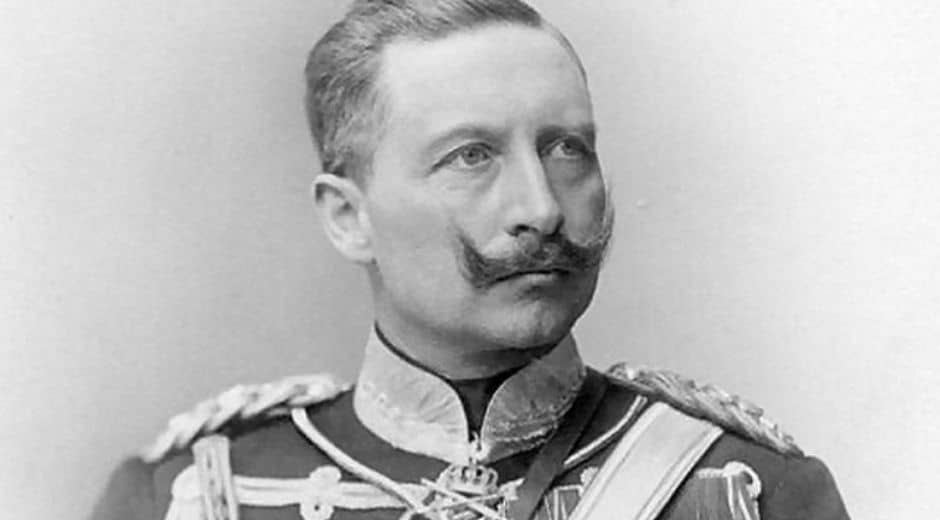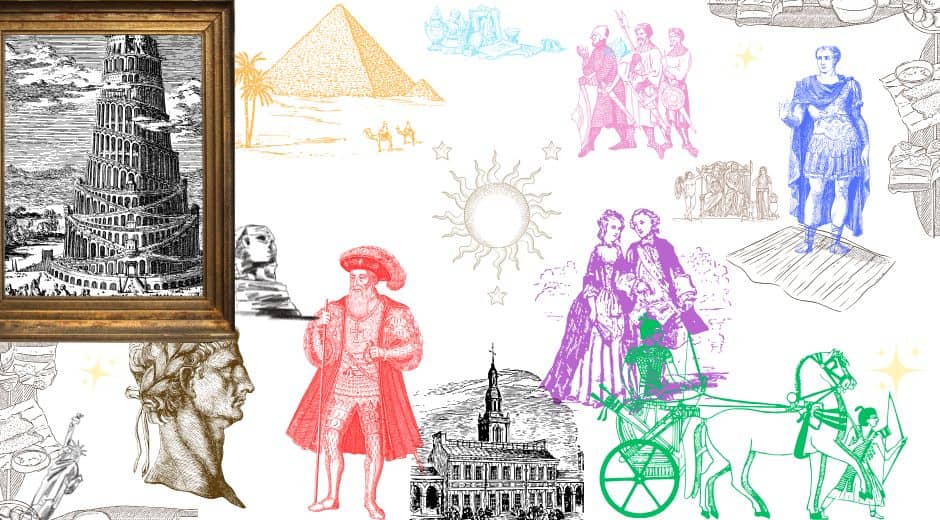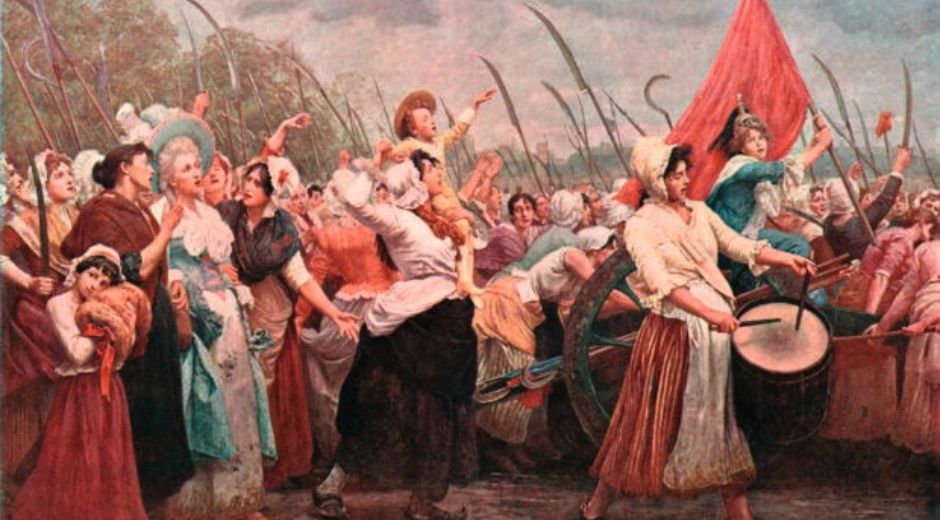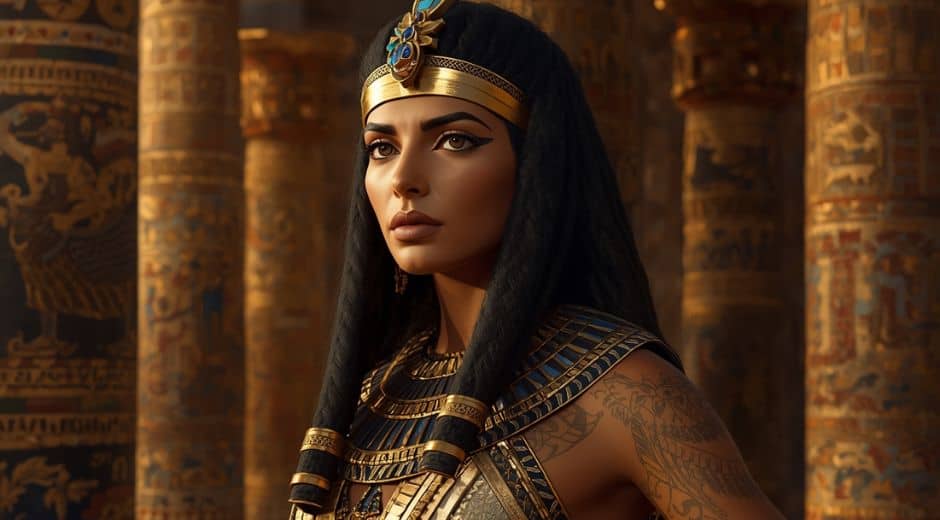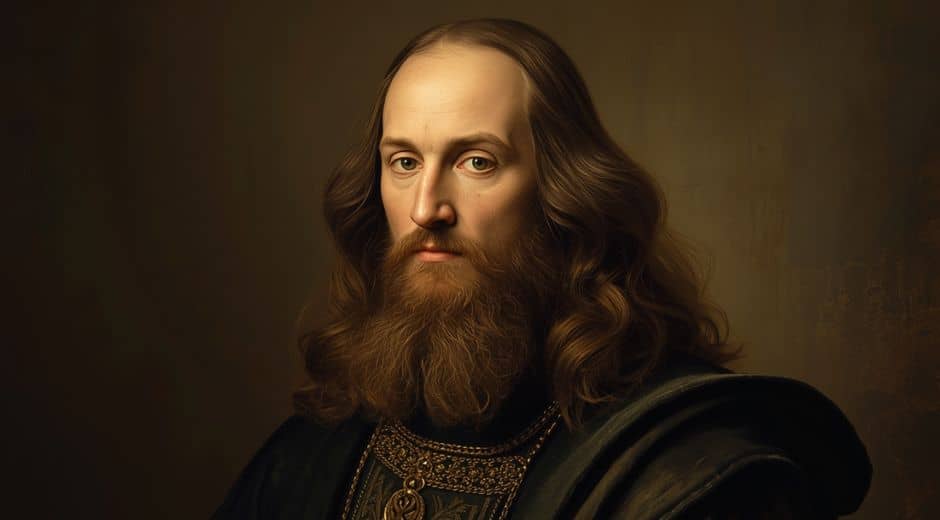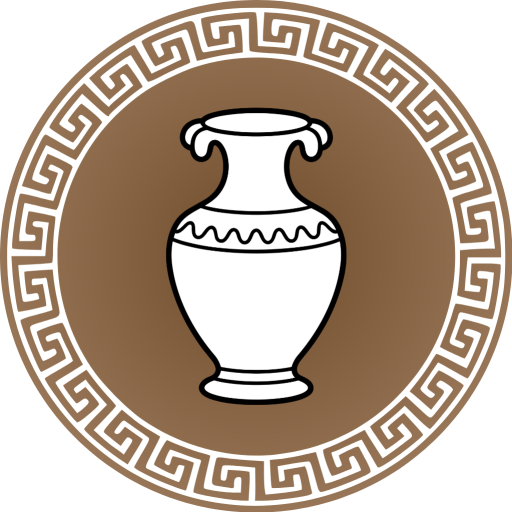Catherine the Great: Vision and Power Behind an Empire
Catherine the Great: Vision and Power Behind an Empire
Few figures in history embody both intellect and ambition as profoundly as Catherine the Great. Rising from a relatively obscure German princess to the Empress of Russia, Catherine transformed the Russian Empire into a cultural, political, and military powerhouse. Her reign, spanning over three decades, reflects a remarkable blend of diplomacy, reform, and vision that continues to inspire historians and leaders alike.
From Princess to Empress
Born Sophie Friederike Auguste von Anhalt-Zerbst, Catherine arrived in Russia at a young age, poised to marry the heir to the Russian throne. Yet her early years were anything but ordinary. Immersing herself in Russian language, culture, and politics, Catherine quickly distinguished herself as intelligent, ambitious, and strategically minded. Her marriage to Peter III positioned her at the center of power, but it was her keen understanding of court dynamics that would allow her to ascend to the throne.
Historians often note that Catherine’s early preparation for leadership was not mere chance. She cultivated alliances, studied governance, and displayed a sophisticated understanding of both domestic and international politics. Her foresight set the stage for one of the most celebrated reigns in Russian history, as explored in detail on Chronostual.
Political Reforms and Governance
Once in power, quickly implemented policies that modernized the Russian state. She pursued legal reforms, reorganized provincial administration, and sought to strengthen central authority. Her 1767 proposal for a new legal code demonstrated her commitment to enlightened governance, even if it was not fully implemented.
The effectiveness of Catherine’s Strategy lay in balancing reform with pragmatism. She promoted Western-style education, invited European intellectuals to her court, and championed cultural initiatives that elevated Russia’s position on the global stage. Through these measures, Catherine reinforced her image not just as a ruler, but as a visionary leader whose policies left a lasting legacy.
Military and Territorial Expansion
Beyond domestic reforms, Catherine expanded Russia’s borders with remarkable skill. Through careful diplomacy and decisive military campaigns, she annexed territories along the Black Sea, Crimea, and parts of Poland. Her military Strategy combined calculated alliances with well-timed offensives, ensuring that Russia emerged stronger and more influential than ever.
The ability to wield both political and military power simultaneously is a testament to her exceptional leadership. Each territorial gain not only strengthened the empire but also solidified her authority, demonstrating a rare fusion of intellect and courage.
Cultural Renaissance
Catherine’s reign was also marked by a flourishing of the arts, literature, and education. She corresponded with European philosophers such as Voltaire and Diderot, bringing Enlightenment ideas into the Russian context. By sponsoring the construction of theaters, academies, and libraries, she cultivated a cultural renaissance that mirrored her political ambitions.
Her vision transformed St. Petersburg into a center of sophistication, where Western and Russian traditions merged. This cultural investment not only legitimized her reign but also positioned Russia as a significant player in European intellectual life. For insights into these cultural advancements, History.co.uk provides a detailed look at her enduring contributions.
Personal Ambition and Public Image
Despite her political achievements, Catherine was also keenly aware of public perception. She understood that image was a vital component of power. Portraits, celebrations, and ceremonies were carefully curated to convey authority, intelligence, and grace. She balanced personal ambition with public service, projecting an aura of legitimacy that reinforced her rule.
Her ability to maintain authority in a male-dominated society highlights her exceptional acumen. She navigated court intrigue, foreign diplomacy, and internal unrest with a calculated elegance that few rulers have matched.
Legacy and Historical Impact
The legacy of Catherine the Great is multifaceted. She modernized Russian governance, expanded the empire, and fostered a vibrant cultural environment. Her reign is often seen as the pinnacle of imperial Russia, a period when the nation solidified its role as a European power.
Today, the lessons of Catherine’s leadership continue to resonate. Modern analyses, such as those featured on StyleRadarPoint, explore how her vision, decisiveness, and adaptability provide enduring insights into leadership and statecraft. She demonstrates that effective governance requires both intellect and empathy, boldness and diplomacy.
Reflections on Leadership
Catherine’s life underscores the importance of preparation, strategic thinking, and resilience. From navigating court politics to implementing sweeping reforms, she exemplified the art of leadership. Her successes reveal that power is most enduring when guided by foresight, cultural awareness, and a clear vision for the future.
Her story also serves as a reminder that historical figures are not merely symbols, but individuals whose decisions shaped the lives of millions. By studying Catherine’s reign, we gain insight into how vision, planning, and courage intersect to create lasting influence.
Conclusion
In the annals of history, few rulers embody the combination of intellect, ambition, and vision as profoundly as Catherine the Great. Her reign transformed Russia politically, culturally, and territorially, leaving an indelible mark on the world. Through her reforms, expansion, and patronage of the arts, she exemplified the qualities of a true visionary.
The life of Catherine demonstrates that leadership is both an art and a science. Her legacy reminds us that vision, careful Strategy, and the courage to act decisively are timeless elements of enduring power. For anyone seeking to understand the complexities of leadership, governance, and influence, Catherine’s story remains a masterclass in the art of ruling.
History Insight Legacy
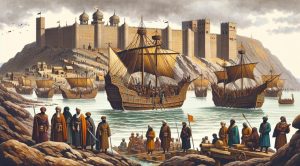
How Imperial Expansion Changed Borders And Cultures Forever
How Imperial Expansion Changed Borders And Cultures Forever
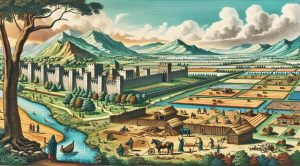
The Rise And Fall Of Early Kingdoms In World History
The Rise And Fall Of Early Kingdoms In World History

Lost Civilizations And What Archaeology Reveals About Them
Lost Civilizations And What Archaeology Reveals About Them






